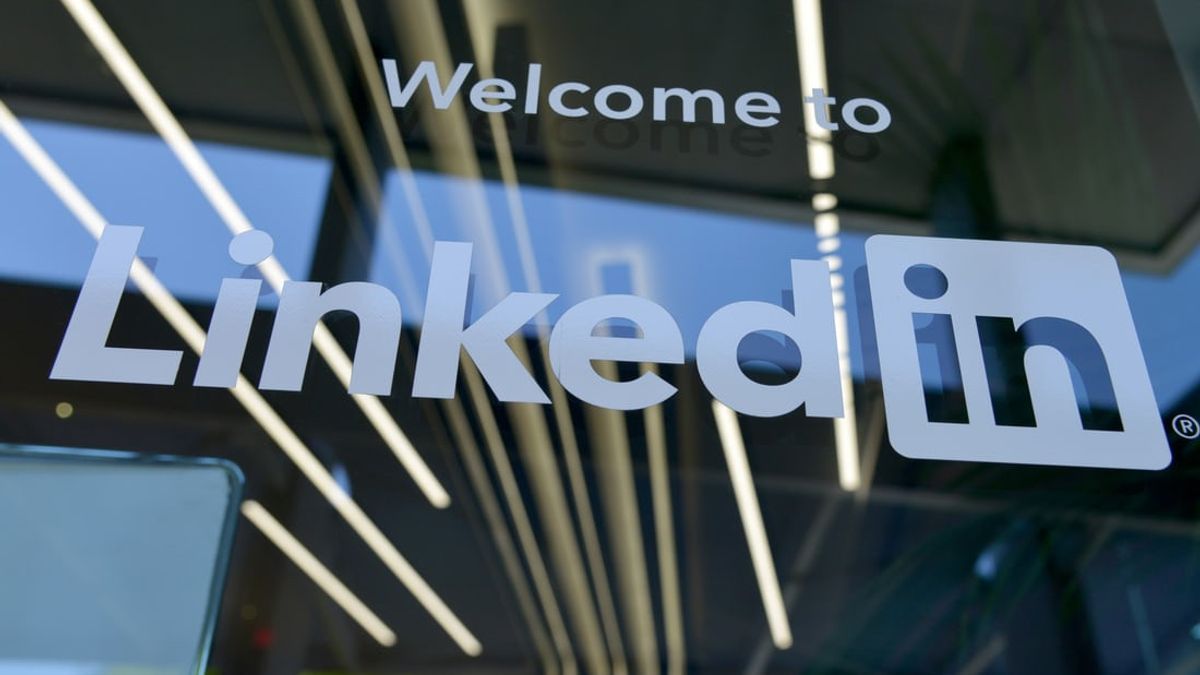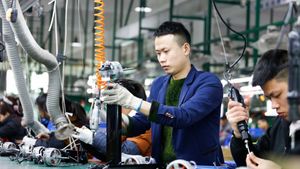JAKARTA - The only United States (US) technology company that has survived in China, LinkedIn has finally announced that it will soon close its application in the country.
It all started when the Chinese government continued to tighten its internet censorship rules. Microsoft said it would close LinkedIn due to a much more challenging operating environment and greater compliance requirements in China.
Instead, Microsoft will launch the job search site InJobs which has some of LinkedIn's career networking features, but won't include a social feed or the ability to share posts or articles.
"While we have found success in helping members in China find jobs and economic opportunities, we have not found the same level of success in the social aspect of more sharing and staying informed," Microsoft said on its official blog, as quoted by CBS News, Friday, October 15.
The report comes after China's internet regulator told LinkedIn in March to better moderate its content and gave it a 30-day deadline.
At the same time, LinkedIn also revealed that it would stop registering new members on LinkedIn China due to unspecified regulatory issues. China's internet watchdog found in May that LinkedIn, as well as search engine Microsoft's Bing and about 100 other apps, were involved in improper data collection and use, and ordered them to fix the problem.
SEE ALSO:
Last month LinkedIn blocked several US journalists in China, citing the posting of prohibited content on their profiles. Several academics and researchers' accounts have also reportedly been blocked in recent months.
For information, in 2014 LinkedIn launched a site in simplified Chinese, to expand its reach in the country. It said at the time that expansion in China raised tough questions, requiring LinkedIn to censor content, but the company promised to be clear about how to do business in China and take broad steps to protect member rights and data.
However, LinkedIn is not the only US tech company pulling out of China. As for Google, which also decided to close its operations in 2010, after the Chinese government began censoring search results and videos on YouTube. Meanwhile, Twitter and Facebook have been blocked for more than a decade in the Bamboo Curtain Country.
The English, Chinese, Japanese, Arabic, and French versions are automatically generated by the AI. So there may still be inaccuracies in translating, please always see Indonesian as our main language. (system supported by DigitalSiber.id)

















